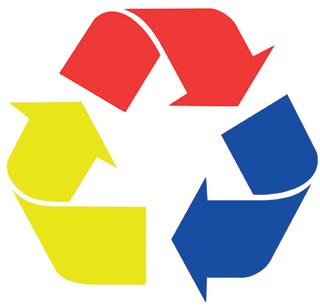
1 minute read
UP’s battle with the climate crisis
from 27 March 2023 Issue 3 Year 85
by PDBY - Official student newspaper of the University of Pretoria
Micaela Liebenberg
On 9 December 2021, UP released its first SDG (Sustainable Development Goals) report, a framework based on several themes that is focused on a period from 1 January 2020 to 31 December 2020. Heystek Grobler, a PhD researcher at the University of Pretoria, and Natalie Kapsosideris, chairperson of Tuks for Climate Justice Society, share their views on how the university has committed to achieving its SDGs. PDBY explores and investigates.

What is in the SDG report?
According to the report, the strategy to implement their goals is approved by the 15-year long-term plan, which “serves as a blueprint for the university’s role as a national asset”. This includes responses on national, regional, continental and global issues. The report consists of several institutional goals that correspond to their relevant SDGs- one being institutional sustainability, which includes climate action, responsible energy consumption and affordable clean energy.
A Radio Astronomer weighs in.
While Grobler is a Resident UP researcher, he also does research at HartRAO (Hartebeesthoek Radio Astronomy Observatory). When interviewed about whether UP is making meaningful contributions to achieving clean energy, he commented that an important discussion point on university management level is how green energy can be implemented. “While we rely on power supplied by Eskom, there is a push to use solar panels for energy consumption.” The university relies on backup generators for power during loadshedding, which according to Grobler, leaves a large carbon footprint because of the use of diesel. Grobler’s field of work, which includes optical astronomy and, monitoring weather patterns and the atmosphere, is integral to ensuring optimal conditions for observation.
Grobler emphasizes the danger of global warming, referring to the recent flooding and tornadoes in Africa as a result of the unstable atmosphere. He further states that, on average, the global temperature has risen from 1 to 1.5 degrees, which has affected South Africa’s rainfall. This means some regions will experience extreme weather conditions. Grobler also notes that the effect of global warming and climate action is delayed: “Unfortunately, global warming will get a lot worse before it gets better.”
Tuks for Climate Justice thinks UP can do better.
Kapsosideris shares Grobler’s sentiments, stating that Tuks for Climate Justice believes that the best course of action would be to teach students about adaptation and mitigation. “We need to adapt how we build cities and use infrastructure to accommodate this issue.” This primarily reflects the SDG goals set up by the university, but according to Kapsosideris, securing funding has been rather challenging. “We started up this society to get the




